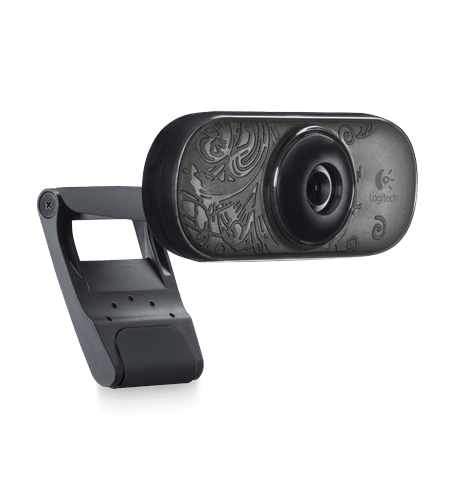OpenCV with FFmpeg does work with video files (I tested with an AVI DIVX file) and might work with the stream generated by some other web camera, so I'm including some notes on how to repeat the build procedure:
- I got the latest FFmpeg source code using git clone git://git.videolan.org/ffmpeg.git. This was perhaps a mistake, because it turned out that compatibility with OpenCV 2.2.0 had been broken at some point. Fortunately I found patches that fixed this issue in the OpenCV source code.
- FFmpeg had to be configured with the --enable-shared option. I used the command
~/chumby-sw/OpenCV-2.2.0/release$ sb2 ./configure --prefix=/home/<my-username>/chumby-buildroot/usr --enable-shared
- I had to apply another patch to OpenCV-2.2.0 source code to fix some linker errors (../../lib/libopencv_features2d.so.2.2.0: undefined reference to `cv::SIFT::SIFT(double, bool, bool, int, int, int, int)' etc.)
- I used the following commands to configure and build OpenCV:
~/chumby-sw/OpenCV-2.2.0/release$ sb2 cmake -D CMAKE_BUILD_TYPE=RELEASE -D CMAKE_INSTALL_PREFIX=/home/<my-username>/chumby-buildroot/usr -D BUILD_PYTHON_SUPPORT=OFF -D BUILD_NEW_PYTHON_SUPPORT=OFF ..
~/chumby-sw/OpenCV-2.2.0/release$ sb2 makeThe working solution I mentioned above is simply to decode the motion-JPEG stream generated by mjpg_streamer manually and use some functions from libjpeg together with OpenCV's cvCreateImageHeader and cvCreateData to convert the individual JPG images into OpenCV's IplImages. I found some sample code that I could easily modify to suit my purposes.

No comments:
Post a Comment